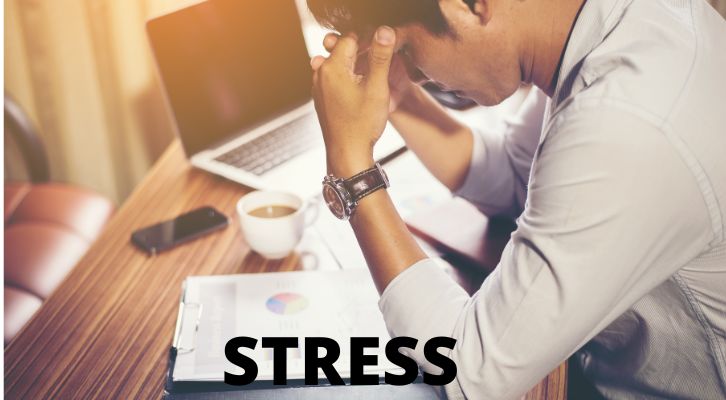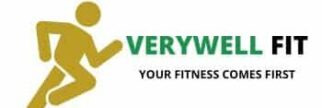What are the symptoms of high blood pressure? How to prevent: For most people, the symptoms of high blood pressure are vague and easily mistaken for other conditions. You may feel unusually tired or have headaches that seem unrelated to your work or lifestyle. The most common complaint is dizziness (see below) and blurred vision, which can be caused by increased blood flow to tissues in the eye (retinal artery disease). Or you may experience a sudden severe headache that lasts more than 30 minutes without any known cause (sinusitis).
Your doctor or family physician will ask about these symptoms and perform some tests to check for heart problems such as coronary artery disease (CAD), a condition where plaque builds up on an artery wall restricting blood flow through it.
High blood pressure has no obvious symptoms
High blood pressure has no obvious symptoms. It can be hard to detect and often goes undiagnosed for years, even though it’s a silent killer. If high blood pressure is not treated on time, it can cause other health problems, such as:
- Heart disease
- Stroke (a brain attack)
- Kidney failure, which causes severe pain in your lower back or abdomen (called angina)
What are the Symptoms Of High Blood Pressure
- Headache-Sudden severe headache. This usually occurs in people with very high blood pressure and can lead to dizziness and fainting. A sudden severe headache is a common symptom of high blood pressure.

Headaches are often caused by stress, lack of sleep, or dehydration. If you have a headache and it lasts for more than 24 hours or worsens when you stand up from sitting down, visit your doctor to get it checked out.
- Nosebleeds (epistaxis). These occur when increased pressure inside the nose forces fluid out through the nostrils and makes them bleed. Sometimes this will happen without any obvious reason; other times it’s due to a problem with your sinuses or an infection somewhere around those areas (such as an ear infection).
In either case, if you experience frequent nosebleeds then see a doctor immediately as they could indicate something serious such as an arteriovenous malformation (AVM); this is where blood vessels grow abnormally between arteries and veins near one another causing them not only to become blocked but also cause problems with normal circulation throughout our bodies
- A repeated and heavy striking sensation in your chest, neck, or ears– A “thrill” like sensation in the chest, neck, or ears. It may feel like an electric shock. A thrill can be a sign of a heart attack or stroke.
- Problems with your vision-You may not notice changes in your vision until they’re far too late to do anything about them. If you’re worried about your eyesight, then check your eyesight as soon as possible. If you have a history of high blood pressure, regular eye tests are recommended every two years (or earlier if there’s any concern).
- Chest Pain or difficulty in breathing-Chest pain/difficulty in breathing is a common symptom of high blood pressure. If you have chest pain or have some difficulty in breathing then it’s important to see your doctor right away. Chest pain can also be caused by a heart attack, which is a serious emergency.
It’s unlikely you’ll have all these symptoms, which may not be serious or related to high blood pressure. But if you’re worried, test your blood pressure, or visit the clinic to have it tested. It’s also essential to get medical help straight away if you notice any of the above signs
How to prevent or control high blood pressure?
People having high blood pressure can lower their blood pressure to the normal range by making lifestyle changes. You can talk with your family physician and take suggestions about this. You can also change or adopt the below habits to change your lifestyle
- Do at least 150 minutes of physical activity each week (about 30 minutes a day, 5 days a week)
- Quit smoking
- Eating a healthy diet prefer low fat/calories diet, including limiting sodium (salt) and alcohol
- Maintain a healthy weight
- Control you stress

Other than positive lifestyle changes, you may need to take high blood pressure medicine to manage your blood pressure. Talk with your family doctor if you think you have high blood pressure or have the above symptoms. An immediate step taken at the correct time to lower your blood pressure can help you to protect yourself against heart disease and stroke, also sometimes called cardiovascular disease (CVD).
What to eat to avoid high blood pressure
- Vegetables
- Fruits
- Nuts
- Fish
- Whole Grains
- Lean Animal Protein
The food you should avoid in High Blood Pressure
- Trans fats
- Saturated fats
- Processed food
- Red Meat
- Refined Carbs
- Sugary Syrup ( Coke
Conclusion
If you’re worried that your blood pressure might be high, it’s essential to get tested. The best thing to do is talk about any concerns with your doctor, who may then refer you for further tests or treatment if necessary.
If you like the post” What are the symptoms of high blood pressure? How to prevent” please share it with others
You may also like to read 12 Morning Walk Benefits-Mistakes you should never make

